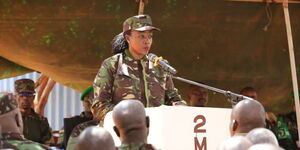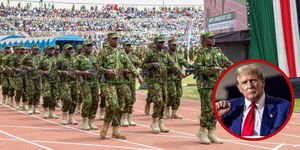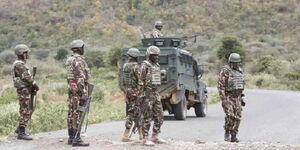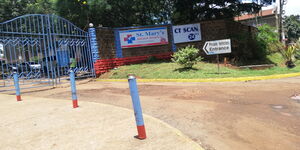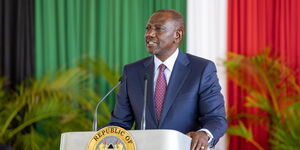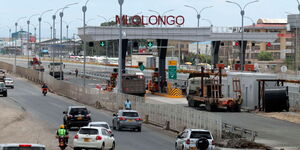The Government Chemist has blamed funding shortages, lengthy procurement processes, and costly testing kits for the delay in DNA matching between Shakahola victims and their families.
Families seeking closure have been waiting for nearly two years for the identification of their loved ones, and officials now warn the wait could be even longer.
Shedding light on the delays, the Government Chemist revealed that it lacks adequate funds for DNA testing, as identifying bodies in an advanced state of decomposition is more complex and expensive than standard identification.
"It is a very expensive undertaking, especially because we are dealing with exhumed remains. You are not using your ordinary extraction protocols; we are using highly stringent chemical regimes because the DNA within those exhumed remains is highly degraded," said Dr Joseph Kimani, Head of Forensic Directive.
According to the government, the remains retrieved from the Shakahola incident were in varying states of decomposition, making DNA extraction and identification significantly more complex.
"The balance is still a work in progress because most of the samples were in very bad shape. Some have decomposed, making it difficult for us to produce a good DNA profile," explained William Munyoki from the Office of the Government.
Despite families continually submitting samples for identification, the Government Chemist has revealed that they remain insufficient.
Due to the advanced decomposition of the bodies, a Polymerase Chain Reaction (PCR) test is required. However, this test is costly and unavailable in the country.
"No local manufacturer produces these kits, so we have to procure them from abroad. The procurement process is expensive and lengthy. One kit, which carries out 200 tests, costs nearly a million shillings, and for the Shakahola case, the required amounts are monumental," Kimani revealed.
Meanwhile, affected families are urging the government to expedite the process so they can bury their loved ones and find closure.
Out of the 453 bodies retrieved from Shakahola, the government has tested 333 samples, but only a few have been successfully matched with their families.
Meanwhile, the case against Pastor Paul Mackenzie, the main accused in the killings, is ongoing as the state seeks answers. The trial has faced delays due to a shortage of prosecutors, with the next hearing scheduled for March.





